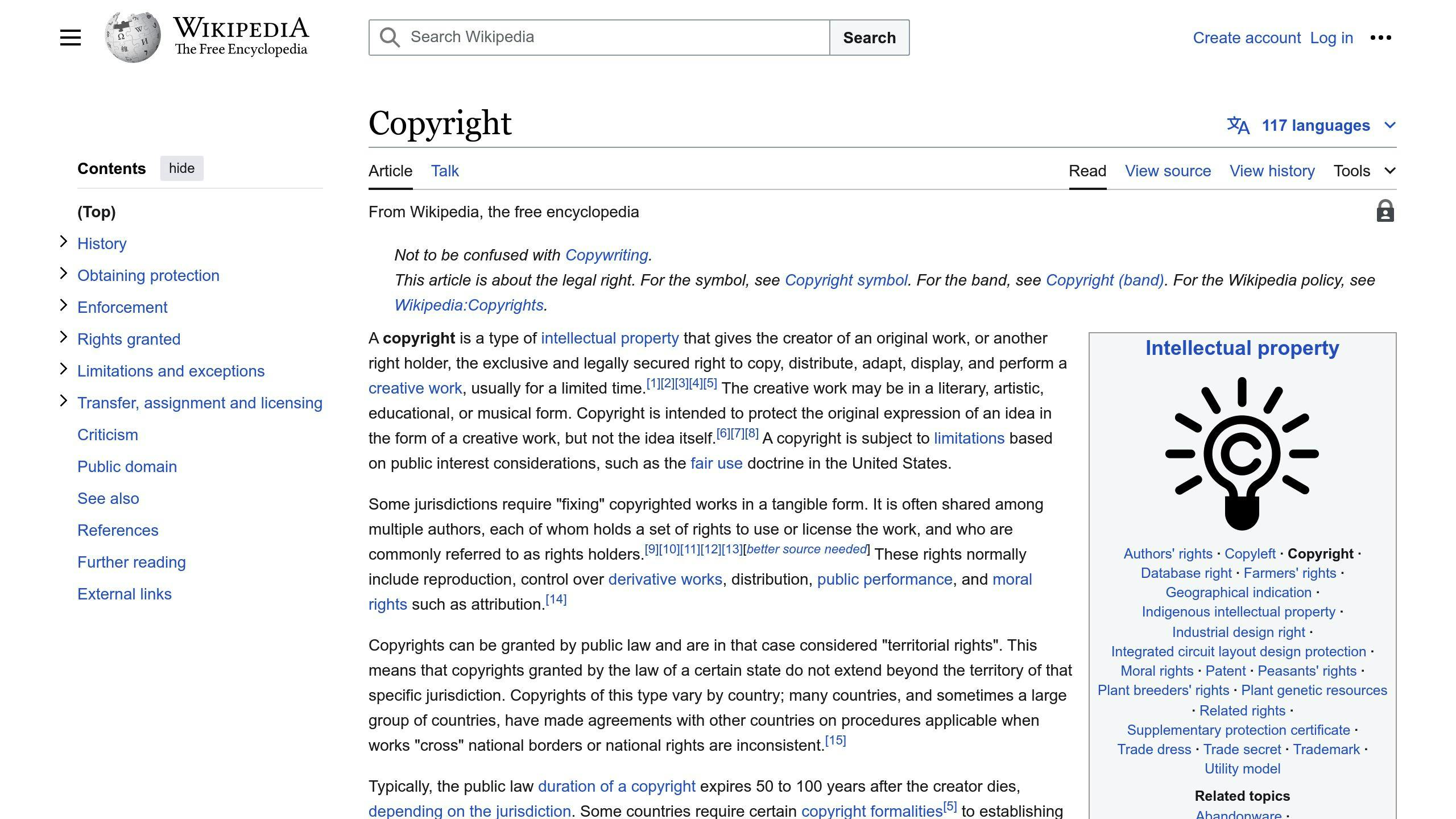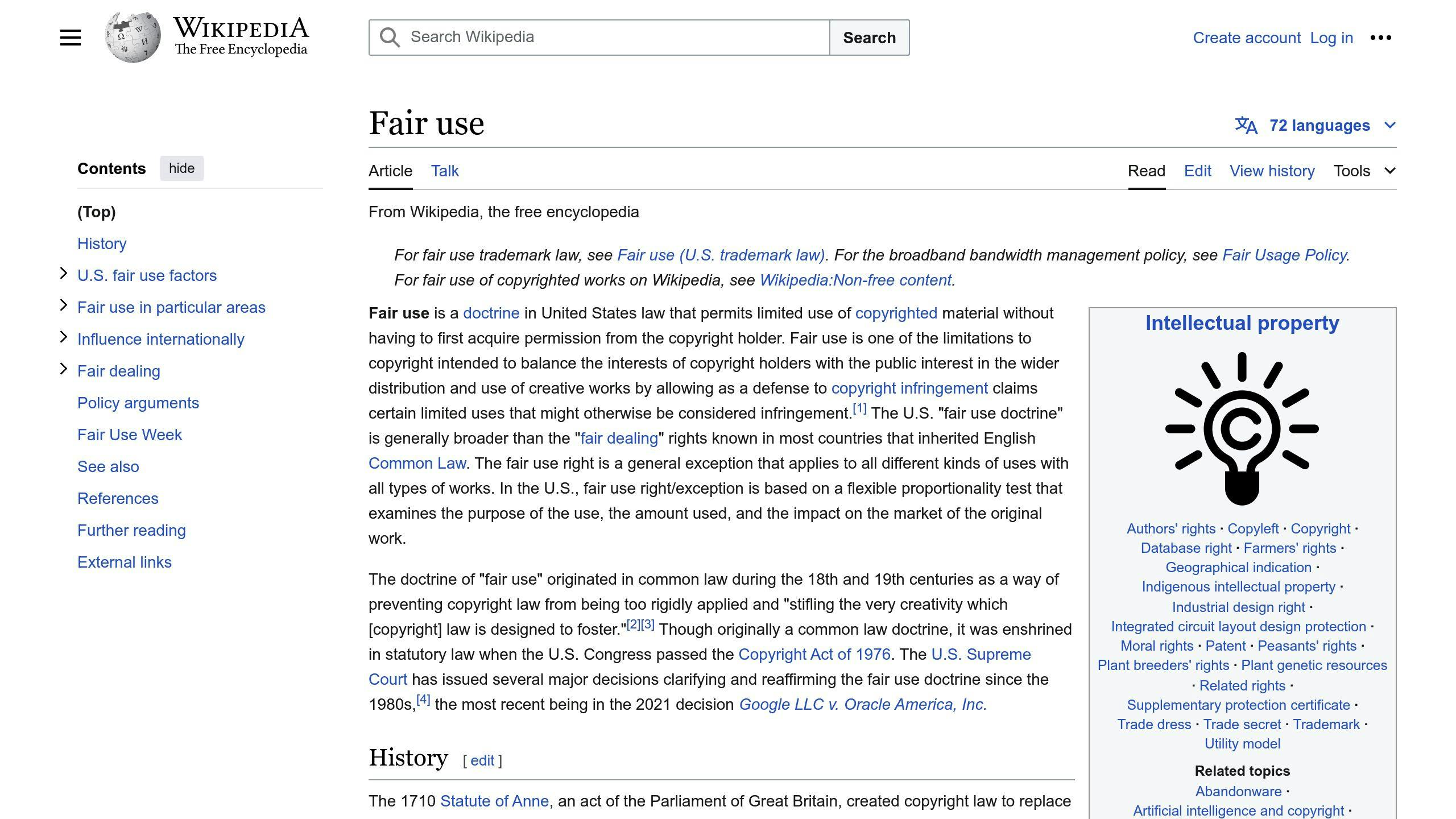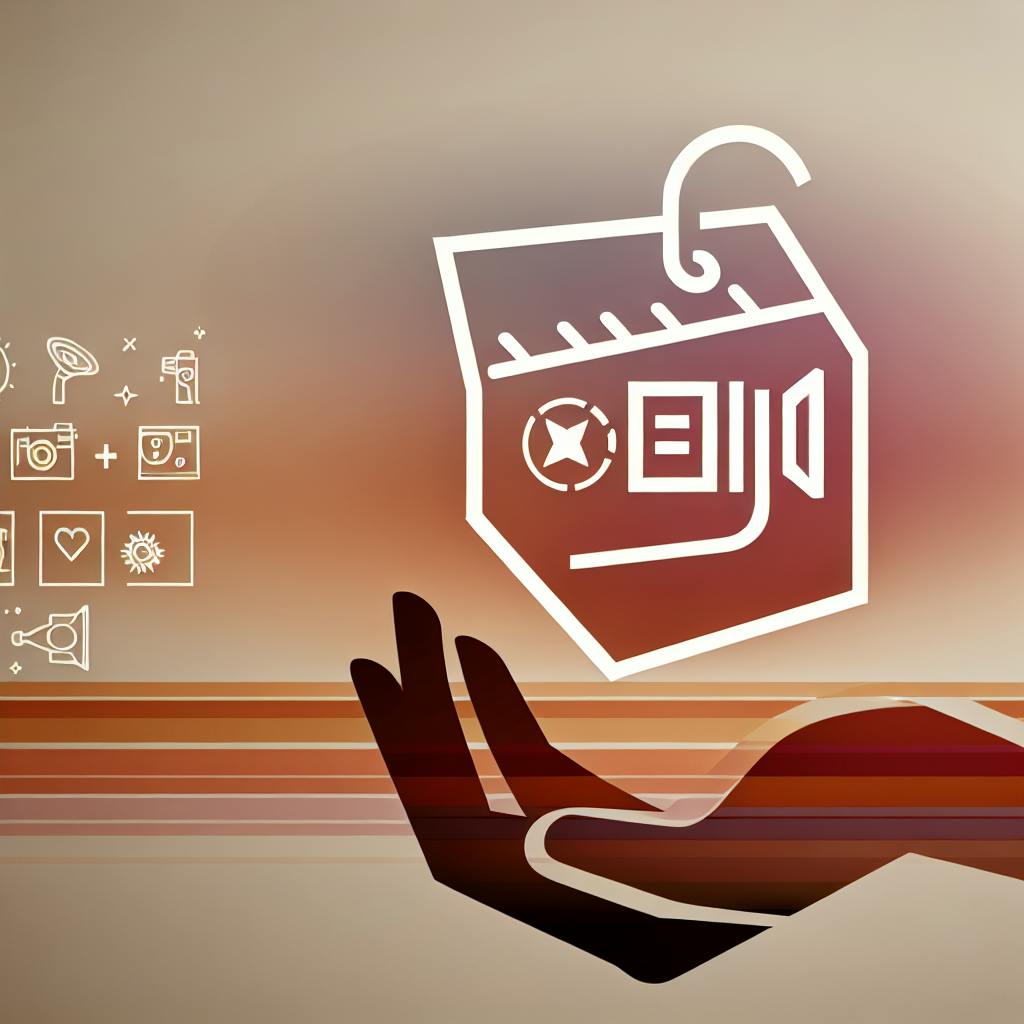Fan art is a creative work inspired by existing books, movies, TV shows, video games, or other media. While fan art allows fans to connect with their favorite stories and characters, it raises legal concerns regarding copyright infringement.
Key Points:
- Fan art is considered a derivative work based on an existing copyrighted work.
- Creating and sharing fan art without permission from the copyright owner can be illegal.
- Non-commercial, personal use of fan art is generally considered legal.
- Commercial use of fan art, such as selling it, is likely copyright infringement without permission.
- Transformative fan art, like parody, may be protected under fair use provisions if it adds new value or insights.
| Type of Fan Art Use | Legal Status |
|---|---|
| Personal, non-commercial | Generally legal |
| Commercial | Illegal without permission |
| Transformative (e.g., parody) | May be protected under fair use |
To create legal fan art, obtain written permission from the copyright owner, understand fair use guidelines, and avoid using trademarked elements without permission. Consequences of copyright infringement can include cease and desist orders, fines, damages, and lawsuits.
Related video from YouTube
Copyright Law Basics

Copyright law is key to understanding fan art legality. In the U.S., copyright law gives creators exclusive rights to their original works, like books, music, and art. These rights help protect creators and their work.
Rights of Copyright Owners
Copyright owners have five main rights:
- Reproduce the work: Control over making copies.
- Create derivative works: Make new works based on the original, like sequels.
- Distribute copies: Decide how their work is shared and sold.
- Perform the work publicly: Control over public performances, like concerts.
- Display the work publicly: Decide how their work is shown, like in galleries or online.
These rights protect creators and ensure they get paid for their work.
Copyright Duration
In the U.S., copyright usually lasts for the creator's life plus 70 years. After that, the work enters the public domain and can be used by anyone without permission.
Understanding these basics helps fan artists avoid infringing on the rights of original creators. In the next section, we will look at how fan art fits into copyright law and what exceptions might apply.
Is Fan Art Legal?
Fan art is a derivative work, meaning it is based on an existing original work. According to copyright law, this makes fan art a legally gray area. Copyright owners have the exclusive right to create derivative works, which includes fan art. Without permission from the copyright owner, creating and sharing fan art can be considered copyright infringement.
Derivative Works
A derivative work is a new creation based on an existing original work. This includes:
- Fan fiction
- Fan art
- Cosplay
In fan art, a derivative work can be a drawing, painting, or digital art piece featuring characters, settings, or other elements from an existing work, like a book, movie, or TV show.
Exceptions
There are some exceptions to the rule against creating and sharing derivative works without permission. Two notable exceptions are fair use and parody:
- Fair Use: Allows limited use of copyrighted material for purposes like criticism, commentary, news reporting, teaching, or research. The use must be transformative, adding new value or insights to the original work.
- Parody: Uses copyrighted material to comment on or critique the original work. It must also be transformative.
Legal vs. Illegal Fan Art
What makes fan art legal or illegal? The key difference is whether the fan art is used for commercial purposes or not:
| Type of Use | Legal Status |
|---|---|
| Personal, non-commercial | Generally considered legal |
| Commercial | Can be considered copyright infringement without permission from the copyright owner |
| Transformative (e.g., parody) | May be protected under fair use provisions if it adds new value or insights |
In the next section, we will answer common fan art questions, including selling fan art, using trademarks, and getting permission from copyright owners.
sbb-itb-bc761f5
Common Fan Art Questions
Fan art raises many questions about its legality, especially when it comes to selling, using trademarks, and fair use. In this section, we'll address these common questions and provide practical advice and insights.
Selling Fan Art
Selling fan art without permission is generally illegal and can lead to legal consequences. However, there are some exceptions. If the fan art is transformative, meaning it adds new value or insights to the original work, it may be protected under fair use provisions. Additionally, some copyright owners may allow fan art sales through licensing programs or contests. It's essential to obtain written permission from the copyright owner before selling fan art.
Using Trademarks
Trademarks protect names, logos, and symbols associated with a brand. Using trademarked characters or logos without permission can be risky. While copyright law focuses on creative works, trademark law aims to prevent consumer confusion. If you're creating fan art, make sure to understand the difference between copyright and trademark. Using trademarked elements without permission can lead to legal actions, fines, and damages.
Fair Use

Fair use is a legal doctrine that allows limited use of copyrighted material for purposes like criticism, commentary, news reporting, teaching, or research. To determine if your fan art qualifies for fair use, consider the following factors:
| Factor | Description |
|---|---|
| Purpose and character of the use | Is the use transformative, adding new value or insights? |
| Nature of the copyrighted work | Is the original work fictional or factual? |
| Amount and substantiality of the portion used | How much of the original work is used in the fan art? |
| Effect of the use on the market | Does the fan art harm or help the original work's market? |
Getting Permission
If you want to create fan art, it's best to obtain permission from the copyright owner. You can contact them directly or look for fan art licensing programs or contests. Written permission is essential to avoid legal issues. Some copyright owners may have specific guidelines or requirements for fan art, so be sure to follow them.
Consequences of Infringement
If you infringe on someone's copyright, you may face legal consequences, including:
- Cease and desist orders
- Fines and damages
- Lawsuits
- Legal fees and penalties
Respecting copyright laws is crucial to avoid these consequences. Always prioritize obtaining permission and understanding fair use provisions to ensure your fan art is legal and ethical.
Conclusion
The legality of fan art is a complex issue that involves understanding copyright laws, fair use, and trademark rules. While fan art is a fun way to show love for a character or franchise, it's important to respect the rights of the original creators.
Key Points to Remember
- Copyright Basics: Copyright gives creators control over their work, including the right to make copies, create derivative works, and distribute their work.
- Derivative Works: Fan art is a derivative work, which means it is based on an existing work. Without permission, this can be considered copyright infringement.
- Fair Use: Some fan art may be protected under fair use if it is transformative, meaning it adds new value or insights. This includes purposes like criticism, commentary, or parody.
- Trademarks: Using trademarked names, logos, or symbols without permission can lead to legal issues. Trademarks aim to prevent consumer confusion.
- Getting Permission: It's best to get written permission from the copyright owner before creating or selling fan art. Some owners have licensing programs or contests for fan art.
Legal vs. Illegal Fan Art
| Type of Use | Legal Status |
|---|---|
| Personal, non-commercial | Generally legal |
| Commercial | Illegal without permission |
| Transformative (e.g., parody) | May be protected under fair use |
Consequences of Infringement
If you infringe on someone's copyright, you may face:
- Cease and desist orders
- Fines and damages
- Lawsuits
- Legal fees
Final Thoughts
To create legal fan art, be mindful of the rights of others. Understand copyright laws, fair use, and trademarks. Always seek permission when needed and avoid commercial use without it. This way, you can enjoy making fan art while respecting the original creators.
FAQs
How does copyright work with fan art?
If you're selling your fan art or using it to promote a product, it's not considered fair use. However, if you're giving away your fan art for free or displaying it on a personal website, it's more likely to be considered fair use.
Can I make money from fan art?
Some sites like RedBubble and TeePublic have brand partnerships that allow you to sell fan art with permission from the copyright owner. You can also try to get permission from the copyright holder or use royalty-free images.
Can you get copyrighted for fan art?
Technically, making and selling fan art isn't illegal in the US because copyright isn't enforced criminally. Copyright owners enforce their rights by suing infringers in federal civil court. If they win, they could get money from you.


